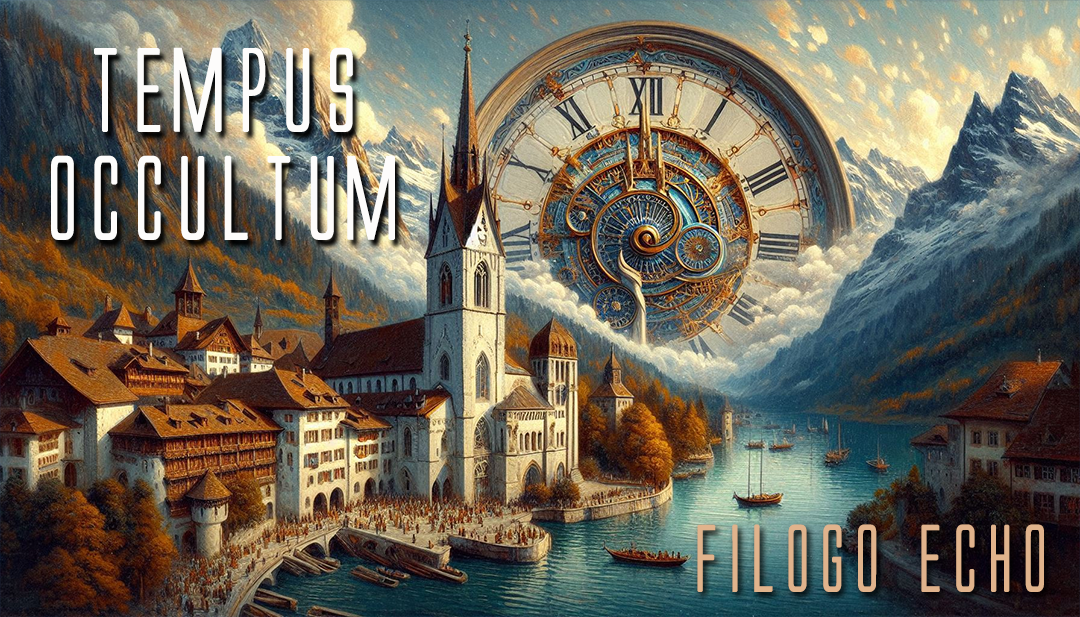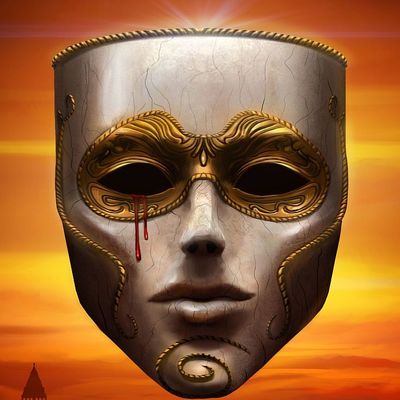
Chapter Four: Defectus Eclipsus IV
He pulled another book from his shelf—a slender volume bound in faded blue leather. "This contains the calculations of Hypatia of Alexandria regarding eclipse cycles. Though most of his original work was lost in the burning of the Library of Alexandria, fragments survived in Arabic translations."
I took the book reverently. Hypatia, the brilliant female philosopher and astronomer of the late 4th century, had been murdered by a Christian mob—torn apart in the streets of Alexandria, supposedly for her pagan beliefs.
"Hypatia recognized patterns in eclipse occurrences that allowed for long-range predictions," Clemens explained. "Using methods derived from his work," Clemens continued, "I have calculated the dates of every solar and lunar eclipse visible from Europe between 1 AD and the present day. When I compare these calculations with historical records, the discrepancies cluster in a specific period—the very period your forbidden manuscript identified."
He opened the blue book to a page marked with a silk ribbon. "Here, she describes a method for calculating the 'Saros cycle'—a period of approximately 18 years, 11 days, and 8 hours after which eclipses repeat in nearly the same pattern. By tracking these cycles backward from well-documented modern eclipses, we can determine precisely when ancient eclipses must have occurred."
I studied the page, marveling at the elegant mathematical notation, preserved across centuries of translation and transcription. "And these calculations contradict the historical record for the seventh through ninth centuries?"
"Not merely contradict," Clemens said gravely. "They render it impossible. According to the mathematics of celestial mechanics, many of the eclipses recorded in chronicles from that period could not have occurred when and where they are claimed to have been observed."
"Could the chroniclers simply have been mistaken?" I asked, playing devil's advocate. "Medieval observations were not always precise."
"Some errors would be expected, yes. But these discrepancies follow a pattern. They consistently compress time in the same period, as if years that should have elapsed... simply didn't."
I sat back, the full weight of this realization settling upon me. "Three hundred years that were never lived," I murmured, recalling the words from the forbidden manuscript.
"I believe," Clemens said carefully, "that something happened during the seventh century—something so cataclysmic, so world-altering, that those who survived found it necessary to reconstruct history itself. To create a false narrative that bypassed these events entirely."
"But what could be so terrible that it would justify such an enormous deception?"
"I don’t know. But here is an interesting tidbit that may cast an amount of doubt on the historical narrative concerning Hypatia herself. A mathematician in Canada believes she was involved in a controversy over the date of Easter in the year 417, and she was killed on the vernal equinox while making astronomical observations."
"So the Christian mob..."
"Almost certainly wasn’t a religious mob upset by neoplatonism. And the extreme cruelty with which she is reported to have been killed‒blinded, dismembered, and burned‒simplydoesn’t ring true. She was a heathen and a woman, not a heretic challenging the Church or posing any danger to the authorities."
"Unless, of course, she was," I pointed out. "Even if she didn’t realize it. Maybe the violence of her death was intended as a warning, to her father, or his other students."
Before Clemens could answer, we heard footsteps in the corridor outside. He quickly gathered up the incriminating documents, hiding them in various drawers and cabinets around the room. I was left with only Visconti's reference book open before me, as if I had been studying it alone.
The door opened to reveal Brother Adelbert, his round face flushed with exertion. "There you are, Brother Lukas! I've been searching the entire abbey for you. Father Umbertus requires your presence in the library immediately."
"What is it?" I asked, rising from my seat.
"A discovery in the old archives," Adelbert replied, his eyes bright with excitement. "Workers repairing the eastern wall found a hidden chamber, sealed up for centuries. It contains manuscripts—dozens of them—in a script no one recognizes."
I exchanged a glance with Brother Clemens, whose expression mirrored my own thoughts. Could this be a cache of documents from the phantom centuries? Perhaps even evidence of their fabrication?
"I will come at once," I said, gathering up Visconti's book.
As I turned to leave, Brother Clemens gripped my arm, his voice low enough that only I could hear. "Be careful, Lukas. Find me later tonight—after compline, by the old well in the eastern courtyard. What I have to tell you cannot wait much longer."
I nodded and followed Adelbert from the room, my mind awhirl with eclipses, comets, phantom centuries, murdered philosophers, and the growing impression that I was on the verge of uncovering a historical deception of unthinkable proportions.
















